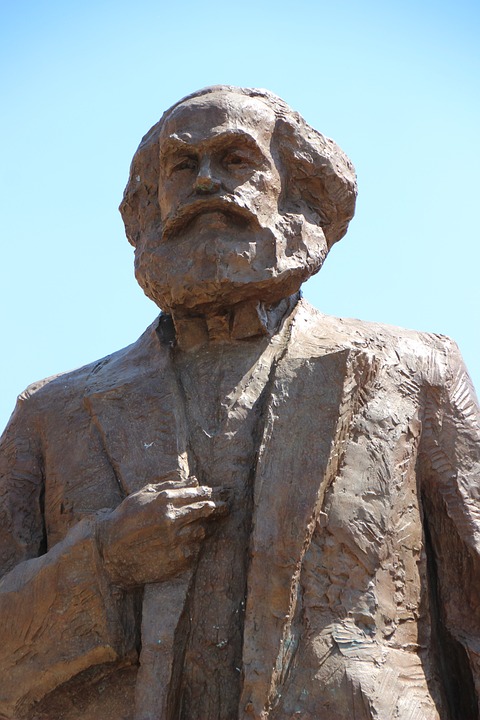A Brief History of the Revolutionary Communist Party
The Revolutionary Communist Party (RCP) in the USA was born out of the tumultuous political climate of the 1960s and 1970s. Formerly known as the Revolutionary Union, this party was officially founded in 1975. Many young people, disillusioned by the perceived failures of capitalism and the damaging impacts of the Vietnam War, were drawn to the communist ideology, and this alternative political group.
The RCP sought to replace the capitalist system with a more socially-conscious system through wholesale revolution. Despite several changes and internal conflicts within the party over the years, the RCP still exists to this day, with a membership that remains passionate about its revolutionary vision.
Ideological Foundation Of The RCP
Foremost among the concepts embraced by the Revolutionary Communist Party, the RCP believes in the creation of a communist society. This society, free from oppressive systems like racism and sexism, aims to ensure that the basic necessities of life are available for all individuals. It stridently opposes global capitalism, seeing it as a system inherently biased towards an elite minority that creates widespread socio-economic inequality.
Rejection of Capitalism:
Central to the ideological stance of the RCP is its outright rejection of capitalism. To the RCP, capitalism is a system that perpetuates the exploitation of workers for the benefit of a small portion of society, thus widening the gap between the rich and the poor. The party believes that the capitalist system is inherently unequal and that achieving true social justice is impossible under this economic model.
Envisioning a Communist Society:
The RCP envisions a new world order where the means of production are collectively owned. It champions the abolition of private property and promotes a system where goods are distributed “according to need”. Superior to various forms of socialism, the RCP believes this is the ultimate expression of fairness and leads to a more harmonious society.
Value of Revolution:
The RCP doesn’t just promote a post-capitalist society, it advocates for a violent revolution to catapult this change. They argue that the ruling classes will never willingly give up their power and the only path forward is to forcibly take control. They look back to movements such as the Chinese Cultural Revolution as positive examples of how this could be achieved.
Critiques of the Revolutionary Communist Party
Like any political organization, the ideologies of the Revolutionary Communist Party have been subjected to analysis and criticism. Critics argue that the violent and forceful means by which the RCP wants to achieve its end goal can lead to loss of life, disruption, and chaos, and have pointed out the historical pitfalls of communist societies.
Others have questioned the practicality of a full-scale revolution in the modern world, where countries are highly interconnected. The implementation of their ideologies is yet another point of discussion, particularly the challenge of distributing resources “according to need”.
The RCP in a Modern Context
The Revolutionary Communist Party’s ideologies might seem anachronistic in the context of modern America, where capitalism is deeply entrenched. However, the party argues that the ongoing issues of socio-economic disparities and systemic racism demonstrate the structural flaws within capitalism, justifying the need for a new, more equitable system.
While not mainstream, the RCP and similar organizations remain a part of the diverse political landscape in America and continue their revolutionary intellectual discourse. For those drawn to its messaging, understanding that the RCP pushes for a revolution to construct a utopian communist society is essential.
Conclusion
The Revolutionary Communist Party offers an alternative vision of society where economic equality and social justice prevail. Despite controversies and criticisms, its ideas continue to spark heated debate and discourse on political ideologies and socio-economic systems. In understanding the ideologies of the RCP, there’s a valuable opportunity to broaden our perspectives on the diverse array of political philosophy in our world today.




